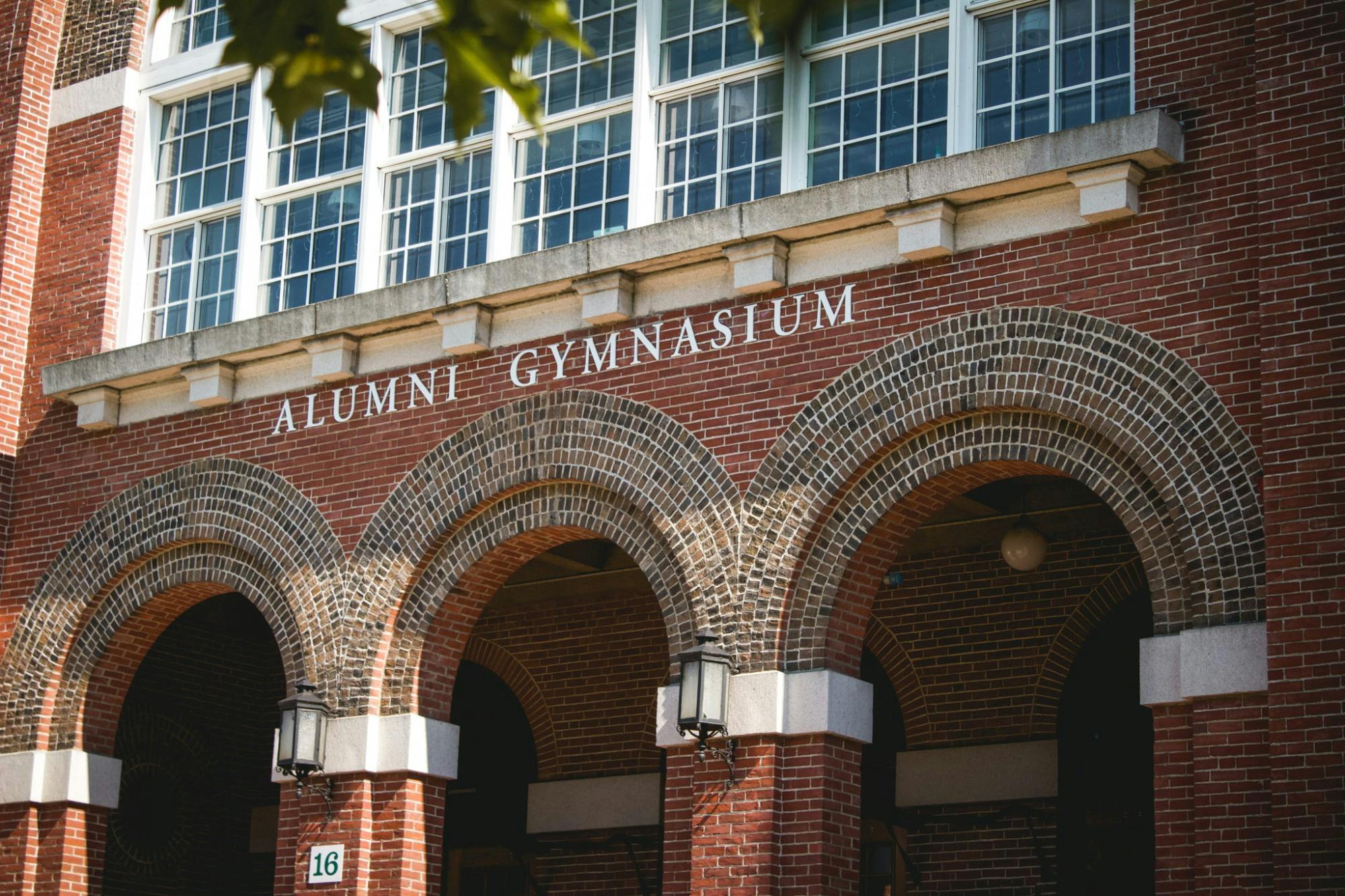After breaking with tradition in February 2021 to allow senior athletes admitted in graduate programs at their schools to compete for an additional season, the Ivy League Council of Presidents has opted not to extend the same opportunity to other classes impacted by COVID-19. In a December 2021 email sent to the Ivy League Student Athletic Advisory Committee — a committee composed of representatives from each Ivy League college’s SAAC — and obtained by The Dartmouth, Ivy League executive director Robin Harris informed the committee that the council of presidents was “comfortable with the league’s current position and… not interested in expanding further eligibility to graduate students.”
In its February decision, the Ivy League indicated that the exception would only be afforded to seniors. However, the Ivy League SAAC had since lobbied the council of presidents to extend the temporary waiver to all classes impacted by the year of athletic cancellation, including the Classes of 2022, 2023 and 2024.
“We voted on the [initiative] in SAAC, and there was overwhelming support for it because you only get four years of athletics,” Emma Moffet ’22, a Dartmouth SAAC volleyball team representative, said. “For me, I had a full volleyball season canceled — which is a quarter of my collegiate career — while some sports had two seasons taken away.”
Through the Ivy League governance process, the initiative was passed by the Ivy League athletic directors and policy committees, but the presidents’ dissenting decision put an end to the effort. Basketball team member and Dartmouth SAAC president Taurus Samuels ’22 noted that there is also a rule within the Ivy League that prevents double jeopardy, thus putting the initiative to rest for longer than the immediate future.
“In a perfect world, we would love to get the Ivy League to change the rule, but we knew this initiative had been shot down several times in the past,” Samuels said. “We were coming at it from a temporary angle, that this would just be for the classes that were affected by COVID, not future classes.”
As a result of the decision, three out of the four classes currently at Dartmouth will graduate without using all four years of their NCAA eligibility as a Big Green athlete. Samuels, as a member of the Class of 2022, is among those who will not be allowed to play for an additional year.
“I love Dartmouth College,” Samuels said. “I came here because I want to play for this school, and I had no control over my year being taken from me, so I would have loved to finish out my career here.”
The inability to compete as a graduate student at one’s undergraduate institution is unique to the Ivy League — the Ancient Eight is the only conference in the country that does not allow graduate students to compete in varsity sports. Given that the Ivy League did not announce its exception for the Class of 2021 until February of last year, many Dartmouth athletes were unable to take advantage of the waiver because they had already made plans for the following year.
For that reason, Samuels noted that there are a lot of former Dartmouth athletes who opted to transfer to or who would have taken advantage of an additional year of eligibility if they hadn’t already accepted a job. Had SAAC’s most recent initiative passed, current student-athletes would have had more time to apply to graduate programs at Dartmouth or think about whether or not to use their eligibility in Hanover.
While Moffet explained that the initiative did not heavily influence her post-graduate decision, as she had already secured a job, she said that many athletes were disappointed.
“A lot of people really wanted to get their year back and do it in a way that would set them up for success post-grad,” Moffet said.
Eric Gibson ’23, a member of the Dartmouth track and field and cross country teams, echoed her sentiment.
“For a lot of my teammates,” Gibson said, “this initiative would have definitely impacted decisions regarding their futures.”




